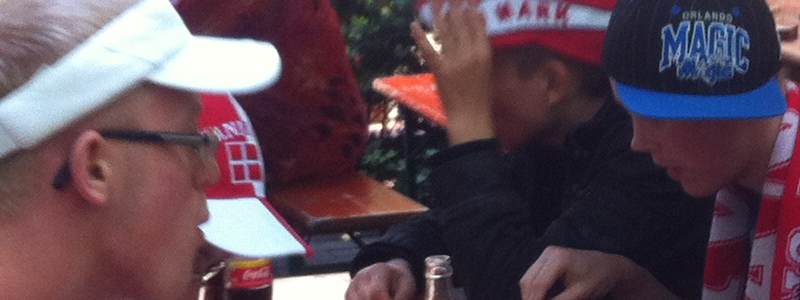Topic A: Dialogues about puberty
 The changes of puberty are frightening. You can make them much less so if you prepare the child for what it can expect at an early age. In daily conversations you can describe to the child what will happen with the body, its view of the other sex and its relation to you.A. You can use your reflections from the questions at the start of this session to tell the foster child how your own transition from child to teenager happened. What was difficult and how you managed to become an adult and mature person anyway.B. You should especially tell the child about how teenagers can become angry and disappointed with their foster parents and biological parents in puberty. That this is something normal, and that you will not blame the teenager or take it personally when this happens. You will of course still have rules for how to behave in the family. Perhaps the child will not be interested in this at the moment, but it will remember what you talked about later, and this will make it easier to talk about again when it actually happens. For the teenager, role models are necessary and interesting, but it may be difficult to find role models that match the experience of the young person in foster care. Books about children of mixed background or conflicting backgrounds usually stir interest. The video “The Struggle” describes a 24 year old woman who was adopted. She reflects on her work over the years to form an identity on the background of having two sets of parents. We suggest that you see this video together with the teenager, and afterwards discuss what the teenager recognized from his or her life, and what can be learned from comparing with the woman in the movie. We suggest that you see the video for yourself before you see it with the teenager and think of central topics for identity dialogues with the teenager. |
||
Suggest to the teenager to make a personal video interview including his or her reflections on identity development: doubts, dreams, problems and desires. If your teenager has a friend you can ask them to make and present the video together. Help the teenager preserve a copy as part of the life story when he or she leaves foster care. |

 English
English





